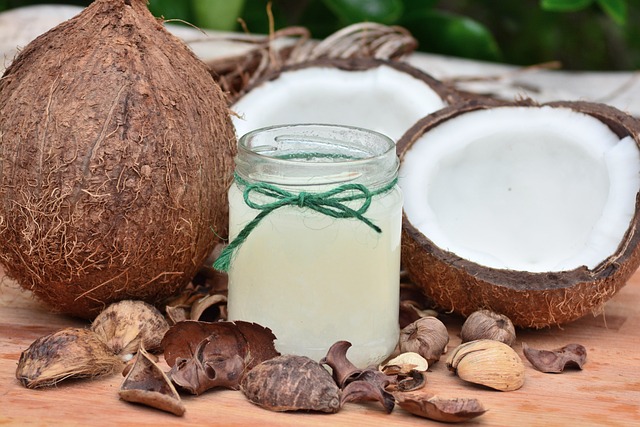(‘Probiotics 101: Understanding the Essentials for Optimal Gut Health’)
Gut health has gained significant attention in recent years, and for good reason. Our gut plays a crucial role in our overall well-being, influencing digestion, immunity, and even mental health. One key factor in maintaining a healthy gut is the balance of bacteria living inside it. This is where probiotics come into play.
What Are Probiotics?
Probiotics are live microorganisms that provide health benefits when consumed in adequate amounts. These beneficial bacteria can be found in certain foods and supplements. They are similar to the naturally occurring bacteria in our gut and help support a healthy microbial balance.
Types of Probiotics
Probiotics belong to different strains, each with its unique set of benefits. The most common types include:
- Lactobacillus: This is the most common probiotic strain found in yogurt and fermented foods. It helps with lactose digestion and supports immune function. It can also help prevent and treat diarrhea.
- Bifidobacterium: This strain is often found in dairy products and supports digestion. It helps in breaking down complex carbohydrates and produces essential nutrients in the gut.
- Saccharomyces boulardii: Unlike other probiotics, this strain is a yeast. It is typically used as a preventive measure against diarrhea associated with antibiotic use.
The Benefits of Probiotics
The consumption of probiotics can have several positive effects on our gut health and overall well-being:
- Improved Digestion: Probiotics help break down food and promote efficient nutrient absorption. They can alleviate digestive issues such as bloating, gas, and constipation.
- Enhanced Immunity: A healthy gut is closely linked to a strong immune system. Probiotics support the production of antibodies and enhance the activity of immune cells, reducing the risk of infections.
- Reduced Inflammation: Research suggests that certain probiotics can help reduce inflammation in the gut. Chronic inflammation is associated with various health conditions, including inflammatory bowel disease (IBD).
- Improved Mental Health: The gut-brain connection is a fascinating area of research. Probiotics can positively impact mental health by producing neurotransmitters and regulating stress responses.
- Support for Weight Management: Some studies suggest that specific probiotic strains can assist in weight loss by reducing appetite and fat absorption.
Food Sources of Probiotics
Incorporating probiotic-rich foods into your diet is an excellent way to promote optimal gut health. Some common sources include:
- Yogurt
- Kefir
- Sauerkraut
- Kimchi
- Miso
- Tempeh
Choosing the Right Probiotic Supplement
If you prefer a supplement, it’s essential to choose the right one. Here are some factors to consider:
- Strain Diversity: Look for a supplement that contains a variety of strains to ensure maximum benefits.
- Colony Forming Units (CFUs): CFUs indicate the number of viable bacteria in a supplement. Higher CFU counts aren’t always better. Choose a supplement with a CFU count suitable for your needs.
- Quality and Shelf Life: Ensure the supplement comes from a reputable manufacturer, and check the expiration date.
- Compatibility: Some probiotic strains may not suit everyone. Consult with your healthcare provider to choose the best option for your specific needs.
Final Thoughts
Probiotics are an essential component of maintaining a healthy gut. Whether you choose to consume probiotic-rich foods or opt for a supplement, incorporating probiotics into your routine can have numerous benefits for your overall well-being. Remember to consult with your healthcare provider before making any significant changes to your diet or starting a new supplement







